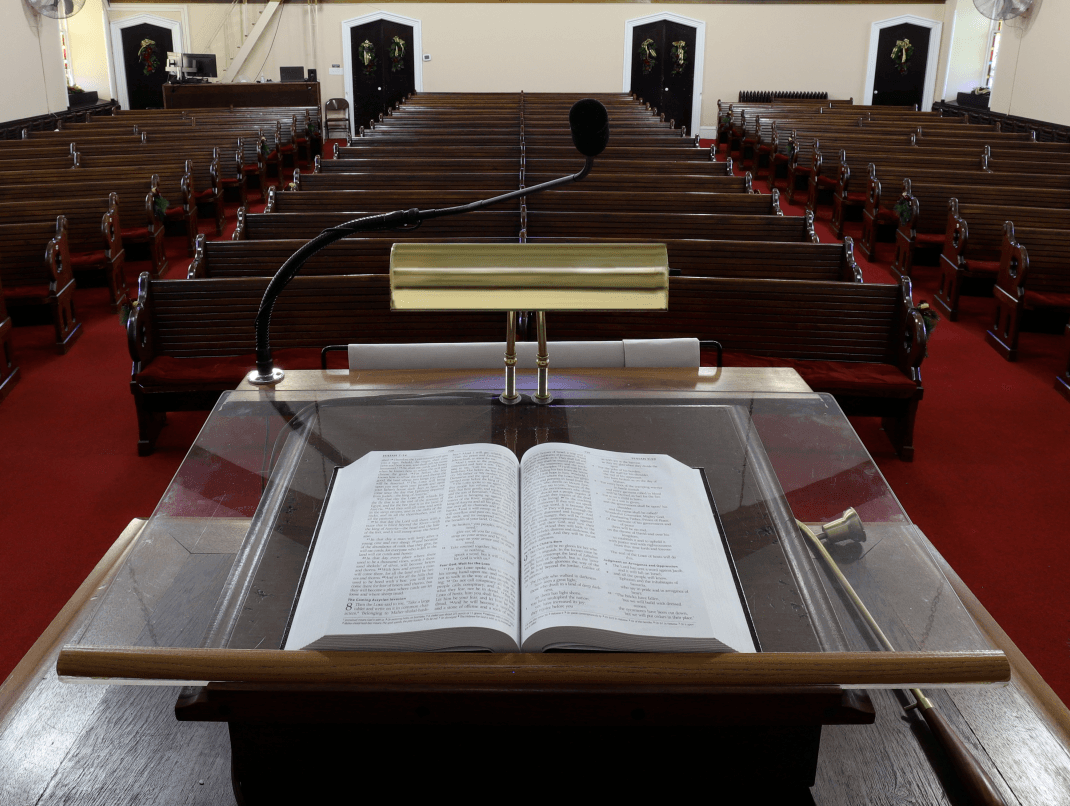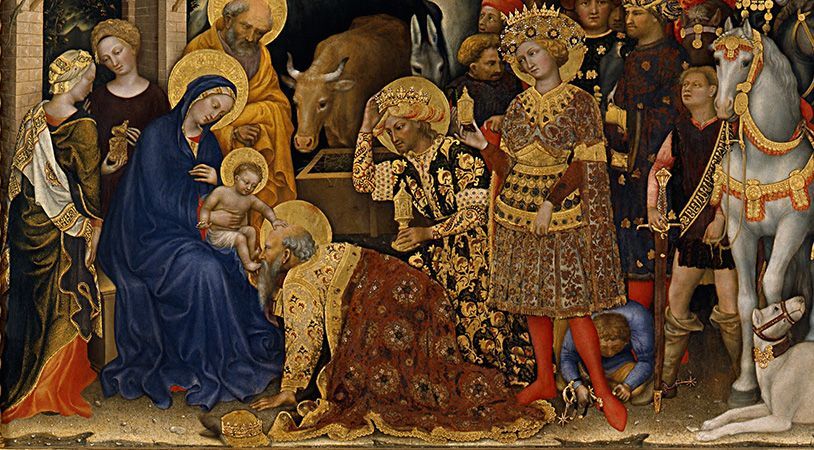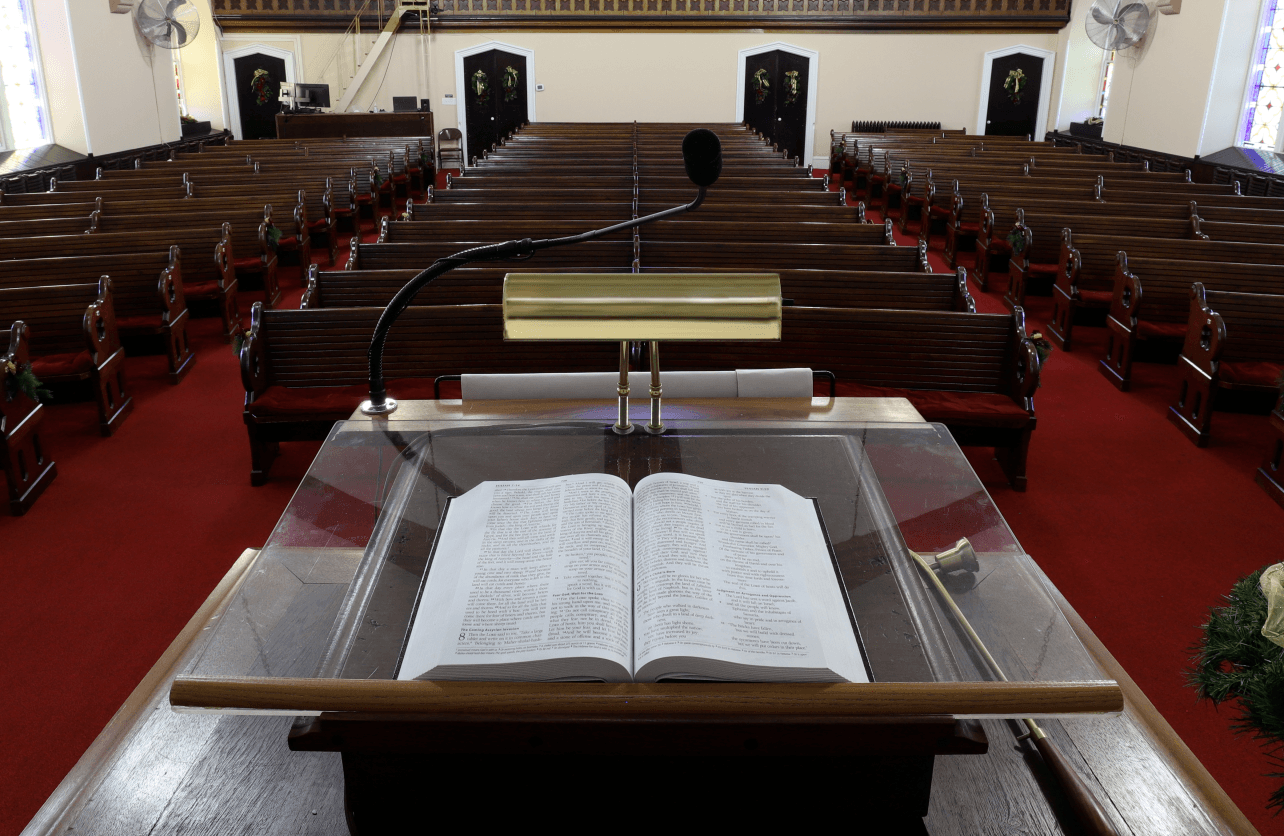Lent
The Season of Lent
The season of Lent is upon us. Lent is the liturgical season on the church calendar when we focus on sacrifice. Many people traditionally “give something up for Lent.” Many others, jokingly, give up Lent for Lent! What is the purpose of this tradition? We are supposed to give up something as a symbolic act of sacrifice. We lay something down from Ash Wednesday to Easter, and this is meant to teach us some important spiritual lessons.
First, giving something up for Lent reminds us that we all have things in our lives that we need to lay aside. We all have sins, vices, bad habits, negative attitudes, and destructive behaviors that put us in a bind mentally, emotionally, and spiritually. These things distort our relationships with the Lord and with others. Giving up something for Lent is a spiritual exercise that helps us practice putting things aside, especially those sins that so easily ensnare us (cf. Hebrews 12:1).
Second, giving up something for Lent teaches us the discipline of self-denial. The key to observing Lent in a meaningful and productive way is to choose something to give up that you really enjoy, or something that usually occupies a large amount of your time and attention. The point is to give up something you value, something good that you enjoy, so you can practice the biblical virtue of self-denial. By teaching ourselves to do without something we crave, or something we feel like we need in our life in order to be happy, we learn how to be content with less. We learn to appreciate the things that are truly important. Lent reminds us not to get too attached to our possessions and earthly enjoyments, and to seek our fulfillment in Christ.
Third, our small sacrifice in Lent directs us to consider the costly sacrifice of Christ. As we lay down some of our own comforts and conveniences, we are reminded that Jesus freely laid down his very life in our behalf. The culmination of Lent is Good Friday. Self-sacrifice is at the heart of Lent because the aim of the season is to help us grow in our imitation of Christ: walking with him, bearing our cross, sharing in his suffering, and embracing his call to give ourselves for something eternal instead of living for this world.
If Lent is about sacrifice, it is also about love. Paul says, “God shows his love for us in that while we were still sinners, Christ died for us” (Romans 5:8). Lent and love—now that is a strange combination! But, strange as it sounds, love and Lent go together. This year Ash Wednesday falls on Valentine’s Day. How romantic! Perhaps at first thought we may feel amused and ask ourselves, ‘What’s love got to do with it?’ Actually, love has everything to do with it.
Lent is about falling out of love with this world and more and more in love with Christ. Lent is also about learning to love people like Christ loved us—to sacrifice self out of love for others. Even if you choose not to give something up for Lent, think about what you are willing to give up for Christ. What do you need to step away from this year in order to grow in your love for Jesus? What rights, freedoms, comforts, or conveniences are you willing to forego for the sake of another person? What are you willing to give up, if necessary, out love for others?
Grace and peace,
Pastor Wesley
The Pastor's Pen

Glorifying Christ in Joyful Community through Worship, Fellowship, and Witness
Useful Links
Contact Info
Want to support our Ministry?
All rights reserved.
“Scripture quotations are from the ESV® Bible (The Holy Bible, English Standard Version®), copyright © 2001 by Crossway, a publishing ministry of Good News Publishers. Used by permission. All rights reserved. The ESV text may not be quoted in any publication made available to the public by a Creative Commons license. The ESV may not be translated in whole or in part into any other language.”
Created and Hosted with BUILD by One Eleven






